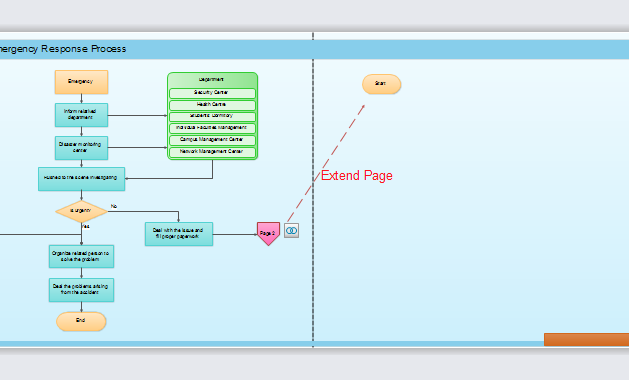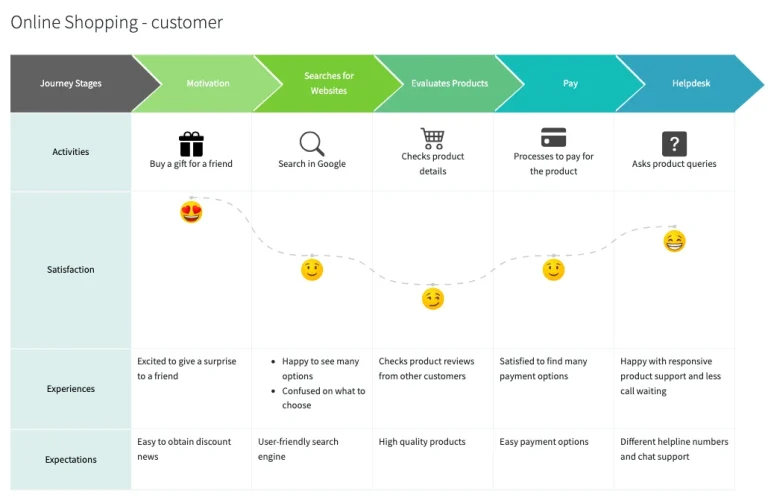Introduction
In the digital age, where information is abundant but credibility is scarce, transparency in data sourcing has become a cornerstone of trust. Citation page development is a critical process that ensures all data sources are collected and listed in a clear, organized, and accessible manner. This not only enhances the reliability of your content but also supports academic integrity, legal compliance, and user confidence. Whether you’re writing an academic paper, creating a research report, or developing a website with factual claims, a well-structured citation page is essential. In this article, we’ll explore what citation page development entails, why it matters, and how to implement it effectively for maximum impact.
H2: What Is Citation Page Development and Why It Matters
Citation page development refers to the systematic process of gathering, organizing, and presenting all the sources used in a piece of work. This includes books, articles, websites, datasets, and any other form of media that contributes to the content. A citation page typically follows a specific style guide (such as APA, MLA, or Chicago) to ensure consistency and clarity.
Why does this matter? In an era where misinformation spreads rapidly, audiences are increasingly skeptical of unverified claims. A properly developed citation page provides readers with the ability to trace the origins of the information presented, which is crucial for building trust. Additionally, it helps avoid plagiarism and ensures that proper credit is given to original authors and researchers.
For businesses and content creators, a transparent citation page can also enhance SEO performance by signaling to search engines that your content is credible and authoritative. Search algorithms favor content that demonstrates expertise, experience, and trustworthiness—key components of E-E-A-T (Experience, Expertise, Authoritativeness, Trustworthiness).
H2: How Citation Page Development Impacts SEO Performance
Citation page development isn’t just about academic rigor—it’s also a powerful tool for improving your website’s visibility on search engines. Here’s how:
- Boosts Credibility: Search engines like Google prioritize content that is accurate, reliable, and backed by credible sources. A well-documented citation page signals that your content is trustworthy, which can improve your site’s ranking.
- Enhances User Experience: Users appreciate content that is transparent and easy to verify. A clear citation page reduces confusion and increases engagement, which are positive signals for search algorithms.
- Supports Semantic SEO: By linking to authoritative sources, you’re contributing to the broader web ecosystem. This can help your content appear in rich snippets, featured answers, and other high-visibility placements.
- Encourages Backlinks: When your citations are accurate and relevant, other websites may reference your work, leading to natural backlinks that boost your domain authority.
In practice, a citation page can be integrated into blog posts, whitepapers, and even product descriptions. For example, if you’re writing an article about climate change, including citations from peer-reviewed studies or reputable news outlets can significantly enhance your content’s value and searchability.
H2: Step-by-Step Implementation Framework
Creating an effective citation page involves a structured approach. Follow these steps to ensure your citations are both comprehensive and user-friendly:
-
Define or Audit the Current Situation
Begin by reviewing the existing content on your website or document. Identify all sources that have been referenced, whether explicitly or implicitly. Use tools like Grammarly or Hemingway Editor to detect potential gaps in attribution. -
Apply Tools, Methods, or Tactics
Use citation management software such as Zotero, Mendeley, or EndNote to organize your sources. These tools allow you to automatically generate citations in various styles and keep track of all references. Additionally, consider using a dedicated citation generator like EasyBib or Citation Machine for quick formatting. -
Measure, Analyze, and Optimize
Once your citations are in place, evaluate their effectiveness. Track metrics such as bounce rate, time on page, and user engagement to determine if your citation page is contributing positively to the user experience. Make adjustments based on feedback and performance data.
By following this framework, you can ensure that your citation page not only meets academic standards but also aligns with modern SEO best practices.
H2: Real or Hypothetical Case Study
Let’s imagine a scenario where a tech blog focuses on AI trends. The blog publishes an article titled “The Future of Artificial Intelligence in Healthcare.” Without proper citations, the article might be seen as speculative or unreliable. However, by incorporating a detailed citation page that references studies from top journals, industry reports, and expert interviews, the blog significantly improves its credibility.
As a result, the article ranks higher on Google, attracts more traffic, and receives increased shares on social media. Readers are more likely to return for future content, and the blog gains recognition as a trusted source in the AI space.
H2: Tools and Techniques for Citation Page Development
To streamline the citation page development process, consider using the following tools:
- Zotero – A powerful citation manager that allows you to collect, organize, and cite sources across multiple platforms.
- Mendeley – Combines reference management with collaboration features, making it ideal for team projects.
- EndNote – A comprehensive tool for managing large collections of references and generating bibliographies.
- Google Scholar – Useful for finding credible sources and automatically generating citations.
- Citation Machine – An online tool that simplifies the process of creating citations in different styles.
- Grammarly – Helps identify missing citations and ensures proper formatting throughout your content.
These tools not only save time but also reduce the risk of errors, ensuring that your citations are accurate and consistent.
H2: Future Trends and AI Implications
As AI continues to shape the digital landscape, the role of citation pages will evolve. Search engines like Google are already prioritizing content that demonstrates transparency and accountability. With the rise of AI-generated content, citation pages will become even more important in distinguishing human-created work from machine-generated text.
Moreover, advancements in semantic search mean that search engines will increasingly look for contextual relevance and source credibility. A well-developed citation page can serve as a signal of quality, helping your content stand out in a crowded digital space.
Looking ahead, expect to see more integration of AI-powered citation tools that automatically detect and suggest sources based on the content being written. This will further streamline the process and make citation page development more accessible to all users.
H2: Key Takeaways
- Transparency is key: A well-structured citation page builds trust and credibility with your audience.
- SEO benefits: Proper citations enhance your site’s visibility and authority in search engine results.
- Use the right tools: Citation management software can simplify the process and reduce errors.
- Stay updated: As AI and search algorithms evolve, maintaining a strong citation strategy will remain crucial.
- Prioritize quality over quantity: Focus on citing the most relevant and authoritative sources rather than listing every reference.
By embracing citation page development, you’re not just improving the accuracy of your content—you’re also positioning yourself as a leader in your field.
Meta Title: Citation Page Development — Collects and lists data sources transparently
Meta Description: Learn how to create an effective citation page for transparent data source collection and boost your content’s credibility and SEO performance.
SEO Tags (5): citation page, data sources, transparent referencing, SEO optimization, academic integrity
Internal Link Suggestions: Parameter #70 (Strategic Internal Linking), Parameter #72 (Citation Page Development), Parameter #98 (Voice Search Optimization)
External Source Suggestions: https://www.citethisfor.me/, https://www.zotero.org/









